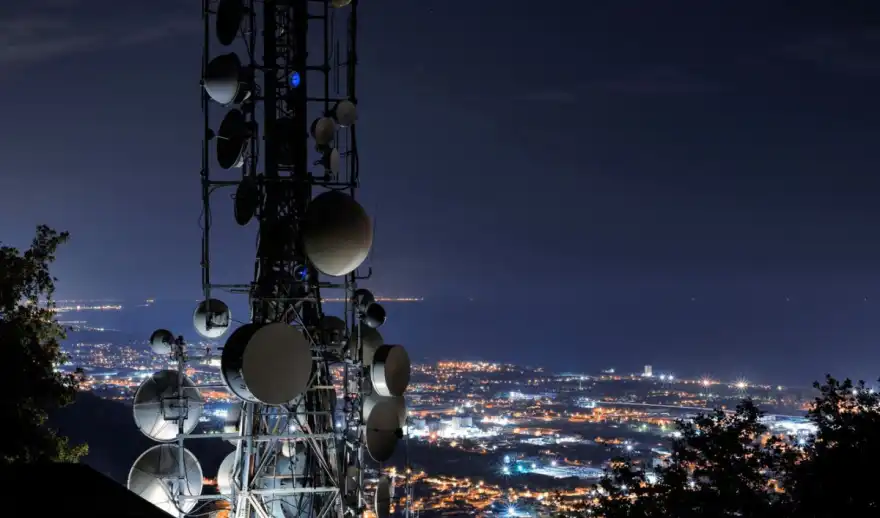
The new research, conducted by the RAC, has discovered that many chargers which drivers could use to top up their cars overnight may falter because the units themselves cannot access the internet reliably. But what does this all mean and how could it affect you? Let’s take a look.
Why does an EV charger need an internet connection in the first place?
You might think that most electric vehicle chargers are simply wired in and you’re away. But while that is the case for a lot of units, the RAC’s research found that 66 per cent of Type 2 chargers - which typically deliver up to 8kW of power and can charge an EV overnight - in Britain excluding London are located in areas where at least one mobile network provider does not have usable 4G coverage.
These units rely on an internet feed to connect to the operator’s network and start or stop a charge. Plus, owners themselves will more often than not have to connect to a smartphone app - something which could also be hampered by a lack of signal.
Is this an issue across the country?
It seems it is. The RAC’s research says that connectivity issues trouble a large number of the UK’s charging network, though the figures are slightly lower in London where 61.3 per cent of units are situated in a location where at least one network provider doesn’t have usable 4G coverage.
So while the capital’s issue is slightly lesser than the rest of the UK’s, it’s still very much a problem which could face thousands of drivers.
But surely they only need at least one internet provider to work?
You’d think so, but the report has warned that unless all four of the UK’s major service providers - EE, O2, Three and Vodafone - then there could be a risk that drivers won’t be able to get a charge started to top up their vehicles.
Plus, if drivers are on one of the networks which has a poor connection, then they might not be able to start the charge via an app on their smartphones, too.
Do other types of chargers need a phone signal?
That’s right. Some home chargers also require a phone signal, often accessed via an in-built SIM card located in the device itself. Suppliers such as Ohme operate units in this way, usually because the chargers can be distanced some way from a home’s wi-fi router and so, by using a SIM card, it aims to provide a more reliable connection to the internet.
Home routers have this functionality in order to access ‘smart’ functions such as scheduled charging and low-priced tariffs which work by analysing when electricity demand is low.
What has the RAC said?
RAC Foundation director Steve Gooding said: “Drivers of vehicles fuelled by petrol and diesel are used to reliable and hassle-free filling up at any of the 8,400 forecourts across Britain.
“The same cannot yet be said of topping up the battery of an electric car at a public chargepoint.
“Where signal connectivity at a chargepoint is a problem, drivers might conclude that the charger is at fault, hence undermining the confidence we should be building in the reliability of public charging options for electric vehicles.”




